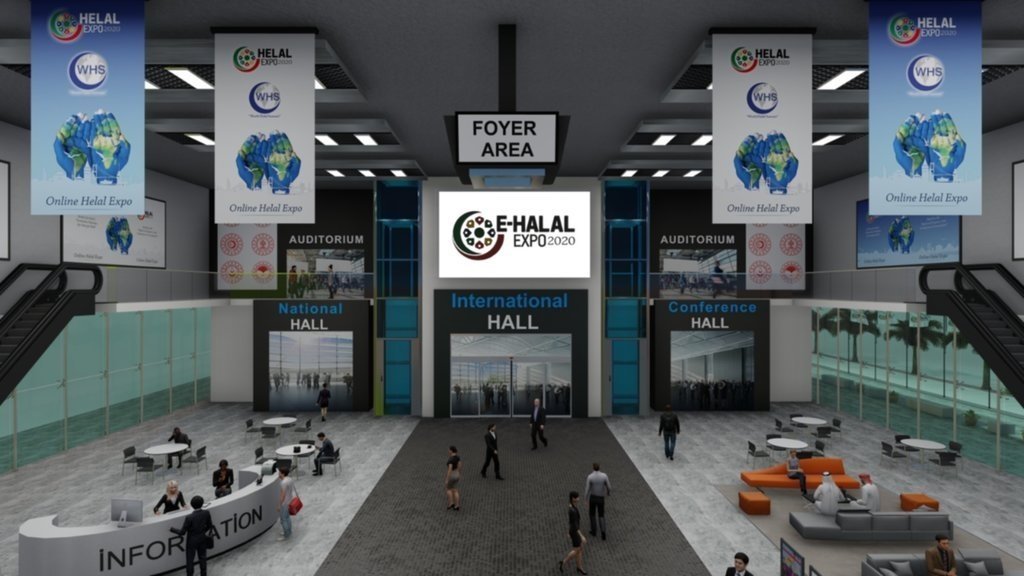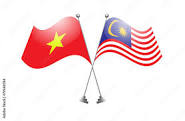CAIRO – Seeking a greater share of the halal industry pie, Turkey is concentrating its efforts to get a lion’s share of the growing global market, hoping it will contribute to a boom in the Turkish economy.
“Turkey is a big country, and it should have a bigger role in the halal market,” Hüseyin Kami Büyüközer, the chairman of the Food Auditing and Certification Research Association (G?MDES) told Sunday’s Zaman newspaper on Sunday, May 8.
The concept of halal, — meaning permissible in Arabic — has traditionally been applied to food.
Muslims should only eat meat from livestock slaughtered by a sharp knife from their necks, and the name of Allah, the Arabic word for God, must be mentioned.
Now other goods and services can also be certified as halal, including cosmetics, clothing, pharmaceuticals and financial services.
Though basically served to Muslim population, more than 80 percent of world’s halal industry is conducted by non-Muslim countries or countries with Muslim minority, the paper said.
Lacking a certification system for such industry, G?MDES association became the first in Turkey to issue halal certificates.
“Asian countries in particular are very sensitive about halal products,” Büyüközer stated.
“Unfortunately non-Muslim Western countries are currently leading the global halal market. This should not be the case.”
“Turkey should replace those countries.”
The new association would analyze the preparation procedures of foods to ensure their compliance with halal standards.
Moreover, the certification body would check whether halal standards are relevant in the packaging, labeling, transportation and logistics of products.
The new attitude was taken upon calls from Organization of the Islamic Conference (OIC) Secretary General Ekmeleddin Ihsanoglu on Turkey to address the Muslim community’s concerns about halal products.
Moreover, Turkey was seeking a greater share in the global halal industry, estimated by $2 trillion, to help its economy after experiencing a downfall in 2009 because of the global financial crisis and reached $114 billion last year.
Challenges
Entering the booming market, Turkey is facing new challenges for laying unified bases of halal industry.
“For example, there are seven or eight foundations and companies working on halal food in the Netherlands,” Professor Ahmet Akgündüz, rector of the Islamic University of Rotterdam, told Sunday’s Zaman.
“But they do not cooperate and therefore cannot receive state aid.”
The professor also stressed importance of careful preparation and handling of food products to make them 100% halal.
“If producers do not pay attention to all those steps in the process and ensure their compliance with halal standards then their products will not be halal,” Akgündüz said.
“Consumers have to be careful. And so should state authorities. Muslim states should be careful about the meat they import to their countries.
“Turkey is under considerable threat in this sense. Halal does not simply mean products without pork-based ingredients,” he added.
G?MDES was also facing challenges of halal food perception in Turkey.
Recently, it has organized fundraising bazaar in Istanbul to raise awareness among women about halal food.
“We wanted women to be more conscious and careful about what they cook in their homes,” said Merve Bostan, deputy head of G?MDES’s Women’s Commission.
Other seminars about halal products were planned to inform women how to choose products with halal certificates.
“The seminars are sometimes like afternoon teas and sometimes like friendly meetings. They are mostly attended by housewives,” Bostan said.
“We usually focus on three main questions during our seminars: The first is whether halal food certificates are really necessary in Turkey; the second is about the place of halal food in Islam; and the third is about criteria of halal foods and products. The seminars are free of charge and open to everyone,” she said.
Turkey is set to host a fair on halal and healthy products in Istanbul in October. It aims to bring its export volume to $500 billion by 2023.



